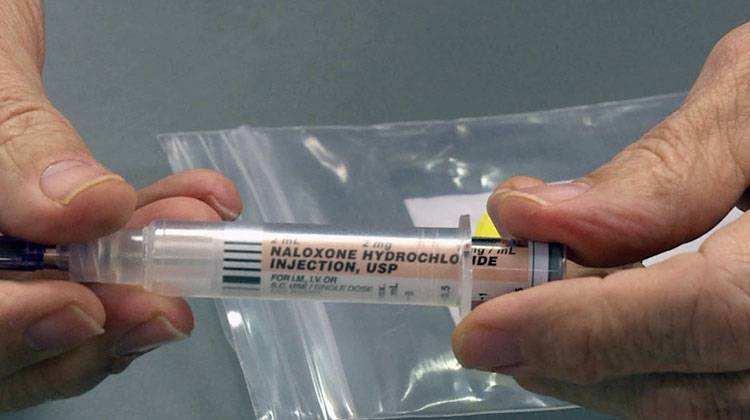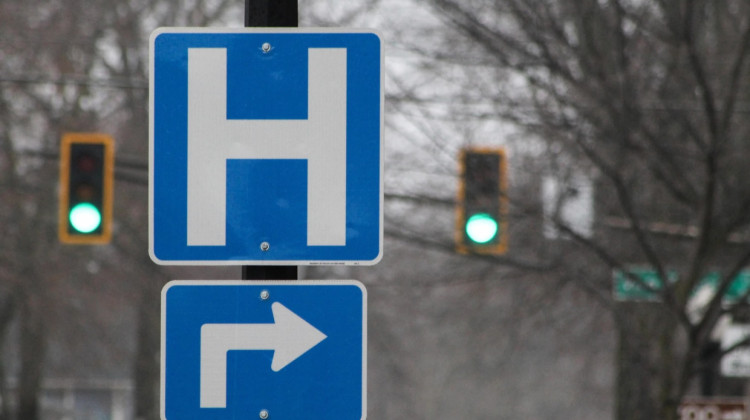After Justin Phillips’ son Aaron died of a heroin overdose in 2013, she turned her grief to fighting the opioid epidemic. She'll be honored Friday during a White House ceremony as a “Champion of Change.”
Indiana Sen. Joe Donnelly nominated Phillips for the award meant to honor outstanding community change work.
"I nominated Justin because in her pain, in her loss, she came out and changed other lives. There are Hoosiers all over the state who are alive because of her hard work," Donnelly said.
In 2014, Phillips founded the non-profit Overdose Lifeline to help buy the overdose-reversing drug naloxone for first responders.
"It’s an unimaginable thing to lose a child, and you feel so much like a parent that there was something you should have done," Phillips said. "There was nothing I could do to change the outcome for Aaron, but I was convinced that there was something I could do, and it just kind of happened. The strength comes from not wanting anyone else to have that experience."
Phillips also lobbied the Indiana legislature for a law that would allow family or friends of addicts to get a naloxone prescription. The bill, dubbed Aaron’s Law, was signed into law last April. Phillips also developed a peer education program about the dangers of opioids that’s reached over 9,000 students in its first year. She says she's glad that the family issues surrounding opioid addiction is getting attention from the White House.
"We’re getting to have this voice and we’re being heard about changing the landscape," Phillips said. "For me, it’s about changing the language around the stigma. That’s also a piece of challenge for families who are suffering. It’s very difficult to talk about, and when it’s difficult to talk about it’s difficult to ask for help and acquire the help that you need."
Donnelly, a Democrat, has made the opioid crisis one of his legislative priorities. He was a co-sponsor of legislation that passed the Senate in March that would, among other things, expand access to naloxone, provide up to $80 million for prevention, treatment and recovery from opioid addiction, and toughen state prescription drug monitoring programs.
 DONATE
DONATE










 Support WFYI. We can't do it without you.
Support WFYI. We can't do it without you.